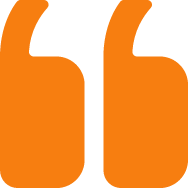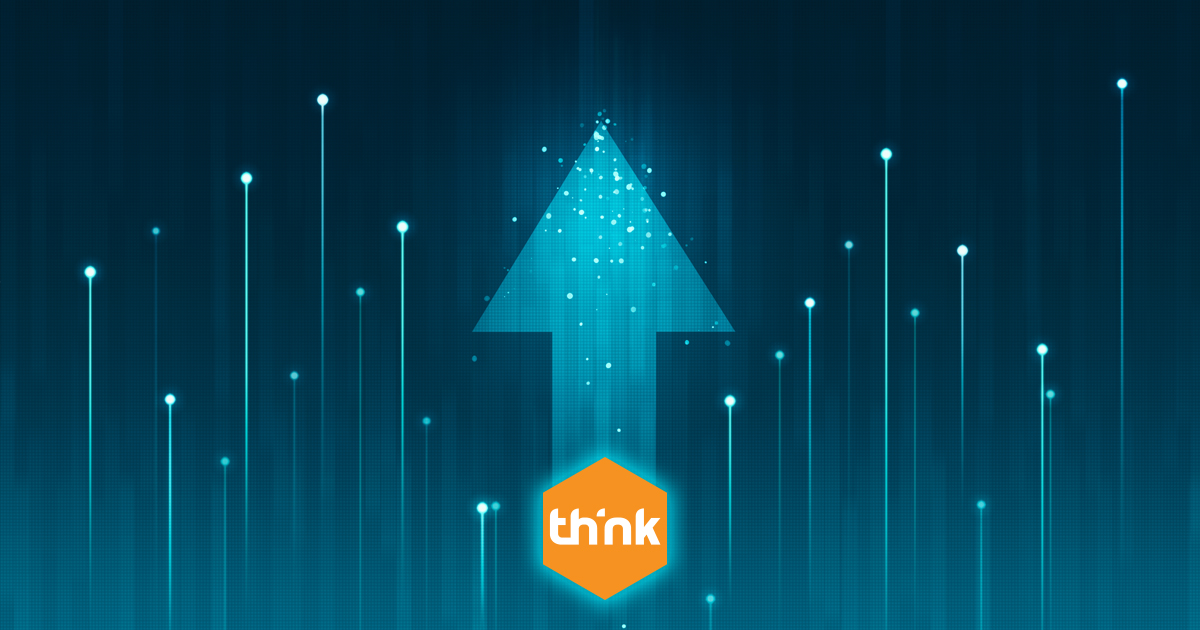
Top of Funnel | Middle of Funnel | Bottom of Funnel
In today’s digital-first marketplace, achieving online visibility is essential for success. While the concepts of keywords and phrases are the same, the intent-based keyword funnel helps streamline an effective Search Engine Optimization (SEO) and content marketing strategy to propel your business and brand forward.
What is the Keyword Funnel
Like a sales team’s sales funnel, an SEO strategy has a keyword funnel. The funnel is a journey that reflects the narrowing search intent of consumers or decision-makers as they move from general interest to a specific purchase or business decision. The keyword funnel helps you understand these search stages and use the right keywords and phrases within your content; it can even help improve the UI/UX experiences on landing pages.
The Stages and Their Meaning
The keyword funnel maps out the journey from initial awareness to the final decision, breaking it into manageable stages. Each stage represents a unique opportunity to engage with your audience through tailored content and strategies.
Informational Stage or ToFU (Top-of-Funnel)
At this stage of the funnel, users are at the very beginning of their user journey seeking information. For example, in the digital marketing sector, someone who is looking to increase their website traffic would search for “how can I increase my website traffic?”. Content targeting this stage should aim to educate, using keywords that answer broad, informational queries.
Commercial Investigation Stage or MoFU (Middle-of-Funnel)
At the commercial stage of the customer journey, potential users are comparing their options. Search queries focus on comparisons and alternatives. Content should guide the user to help them make informed decisions. A search performed during this stage can look like “best SEO marketing services”.
The Bottom Funnel Avengers: Transactional, Navigational and Local Intent Stages
Here is where the focus is on the real prize, maximizing conversions with high-intent keywords and phrases users search for when they are ready to “buy, buy, buy.”
- Transactional Stage: Here, users are ready to convert. These will look like, “buy SEO services” or “local SEO services pricing”. Your content should focus on the final push, making the purchase or buying process seamless and secure.
- Navigational Stage: Users here know what they want and are seeking specific solutions. This could look like “Think Agency case studies” or “Think Agency reviews.” Content at this stage should showcase expertise, building trust and solidifying your position as the preferred product or service.
- Local Intent Stage: Location-based businesses stand out with targeted long tail keywords with the addition of their Geo. Users searches may look like “SEO services near me” or “digital marketing Orlando” From blog posts to contact pages, content should be infused with relevant local terms, making it easy for your target audience to find and choose you.
Why the Keyword Funnel Matters to Your Business
Understanding the keyword funnel enables you to tailor and harmonize your SEO and content strategy with keyword and topic/content clusters to meet potential customers at each stage of their journey, improving targeted traffic and conversion rates.
Implementing the Keyword Funnel Strategy
Effective strategy implementation involves keyword research tools, creating content and measuring success that addresses the unique needs and questions of your audience at each funnel stage. If done correctly, your brand can reap the benefits of an evergreen digital marketing solution.
‘Suit Up’ Your Keyword Funnel Strategy with Think
Leverage this powerful tool to enhance your digital presence and connect with your audience at every stage of their journey by driving meaningful engagement and conversions.



